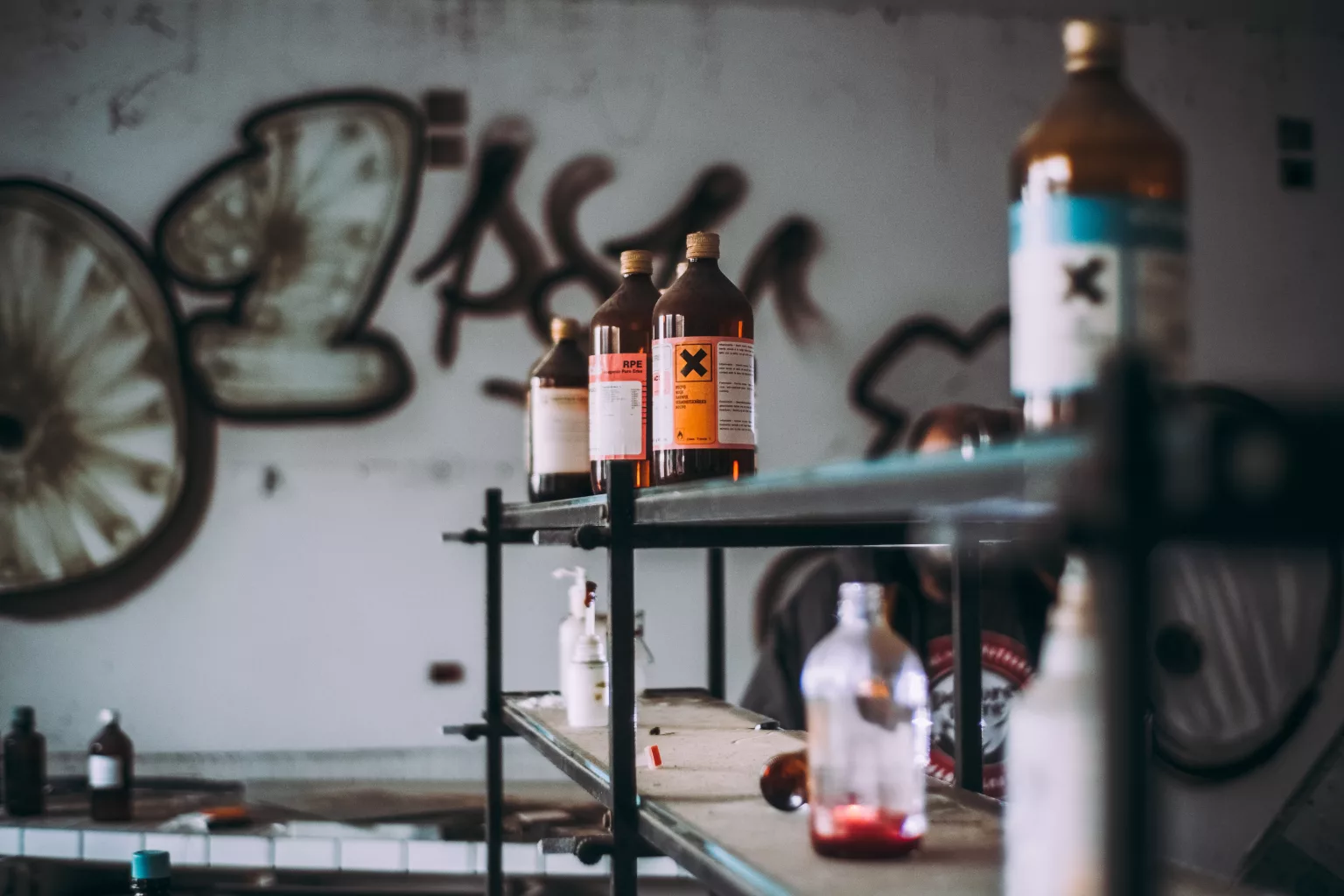Toxins in Your Home
It’s a fact: toxins are everywhere in our environment. Even seemingly harmless products for everyday household use can contain dangerous chemicals that put our health at risk. From wallpaper to Teflon dishes, the toxins in our homes can increase allergic reactions and weaken our immunity, making us more susceptible to diseases such as colds and flu. According to the American non-profit organization “Environmental Working Group,” over 80,000 chemicals whose safety has not been tested are in use today. Shockingly, 10 babies were born with more than 200 synthetic chemicals in their blood.
In this article, we’ll explore where these hidden toxins may be lurking in your house and how you can protect yourself.
Soup Bowls
Multicolored melamine soup bowls, popular because they are unbreakable, are designed for children and can be purchased online. However, when heated food is poured into them, the chemical substance melamine gets into the food, increasing the risk of kidney stones. A recent study found that eight times more melamine was found in the urine of volunteers who ate hot soup from melamine bowls than in those who ate the same soup from ceramic bowls. Although it’s not clear whether the amount found in the study can cause health problems, animal experiments have shown that this substance can cause kidney failure and even cancer.
How to Protect Yourself: The American Food and Drug Administration (FDA) warns against using melamine dishes in the microwave oven and recommends serving hot dishes in ceramic dishes instead.
Couches
Chemical substances that reduce the risk of fire were found in half of the couches tested in a Duke University study. These substances remain in dust particles and reach the body through the hands, potentially disrupting the endocrine and reproductive systems and even leading to cancer.
How to Protect Yourself: Reduce the amount of dust by vacuuming the couch. Since contaminated dust enters the body through the hands (while eating), wash your hands regularly.
Artificial Light
Night light has been linked to breast cancer in women and prostate cancer in men. Exposure to light at night prevents the production of the hormone melatonin, which disrupts the biological clock and increases the risk of cancer. Night work has also been linked to an increase in the risk of colon, lung, bladder, and pancreatic cancer.
How to Protect Yourself: If you have to work at night, use fewer lamps and dimmer bulbs. To prevent the light of the night lamp from reaching your bedroom, lower the blinds or draw dark curtains.
Bath Curtain and Wallpapers
Phthalates, chemical substances used in the manufacture of plastic objects to increase their elasticity, are found in bath curtains, wallpapers, and many detergents and personal hygiene products. They are believed to cause disruption of the hormonal system and are linked to diseases such as asthma and allergies. Prenatal exposure to phthalates is associated with problematic behavior in children aged 4-9 years (e.g. ADHD, i.e. hyperactivity and attention deficit).
How to Protect Yourself: Avoid PVC products whenever possible and replace them with metal, glass, ceramic, and wood products. Buy polyethylene plastic bags. Avoid household chemicals and hygiene products that contain artificial fragrances, as they often contain phthalates. When you decide to buy a new plastic curtain for the bathtub, first leave it in the air for a day or two to air out. So the volatile phthalates will air out.
Teflon Utensils
Teflon dishes make washing easier, but they also contain perfluorocarbon (PFC), a substance that can have a negative effect on the development of the fetus and baby after birth. It is thought that it can even cause obesity and diabetes.
